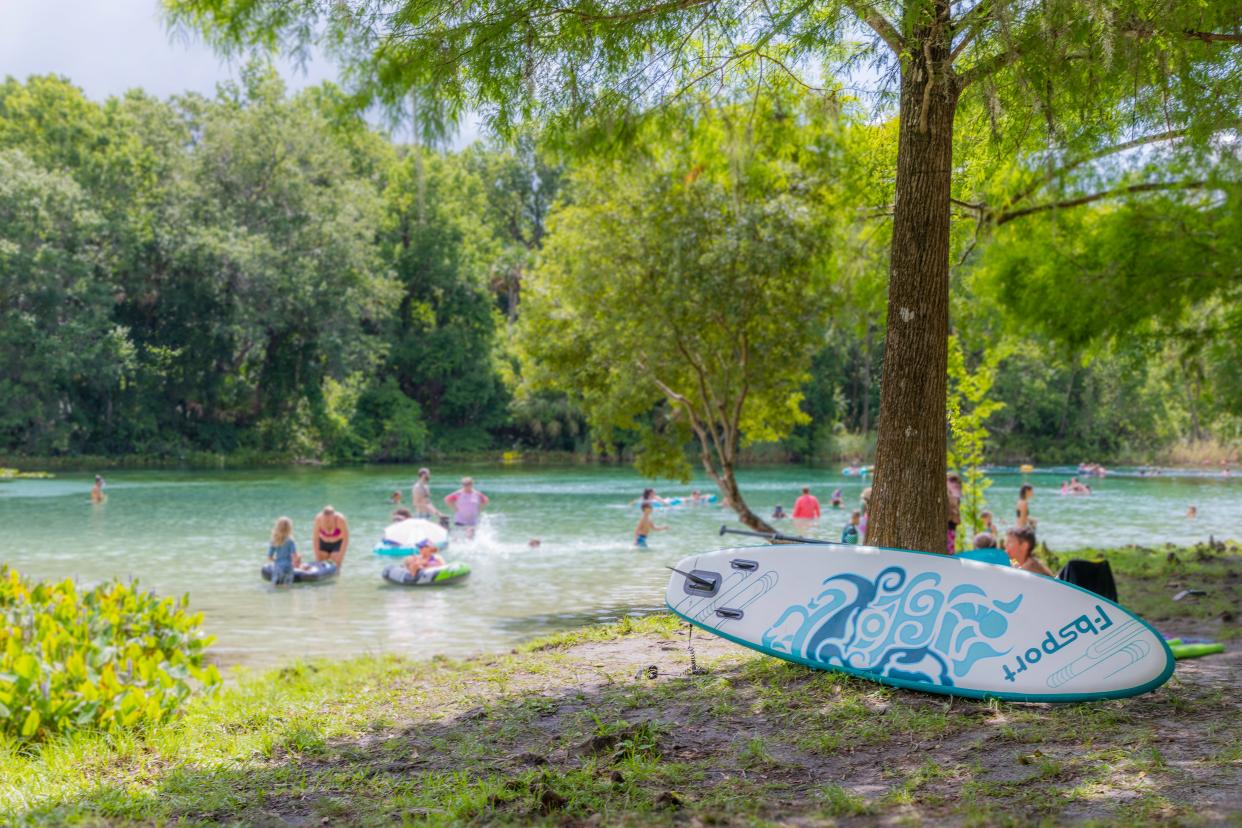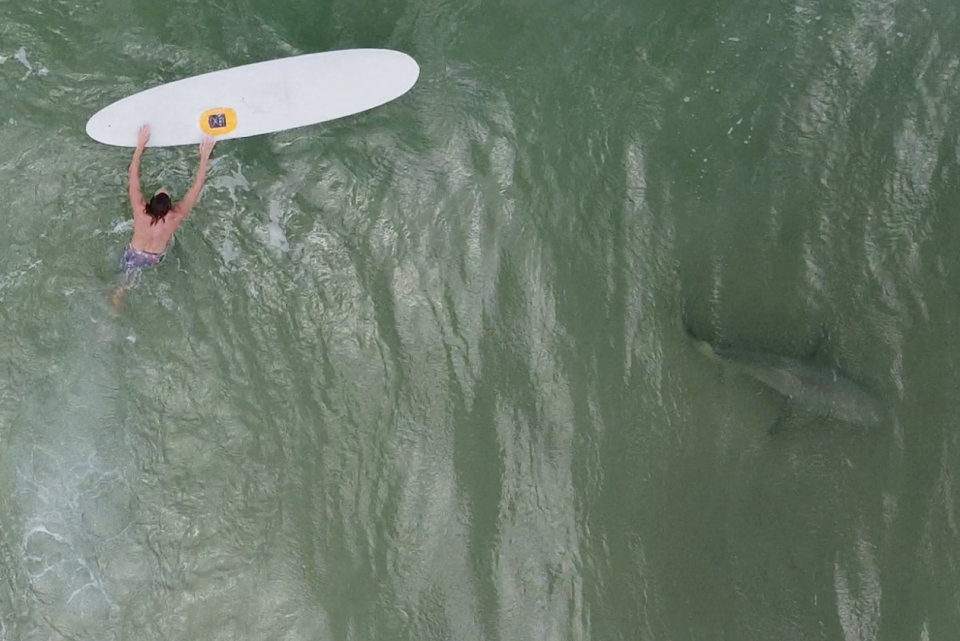Red tide, drownings, gators? National Water Safety Month aims to keep us out of danger

Forget what your grandma told you: Swimming right after you've eaten isn't dangerous at all.
But news platforms are rife with stories of real-life dangers in and around the water, horror stories of drownings, fatal illnesses, gator and shark attacks and other calamities while recreating in and around water. What can we do to avoid such tragedies?
The Florida Department of Health in Lake Countyand other organizations are promoting National Water Safety Month to educate the community on how to safely enjoy Florida’s many bodies of water and prevent drowning.
"Children ages 1-4 years-old are more likely to drown in a home swimming pool than children ages 5-19 years-old, who are more likely to drown in natural bodies of water," the health department tells us.
"Whether you are a parent or a community group member, everyone plays a role in drowning prevention. The goal is to keep water activities fun and safe for all as we move into the summer months."

The DOH's tips on water safety
Always keep your eyes on children in and around water, including pools and open bodies of water. Actively supervising and giving children your undivided attention when they are in or around water can help prevent drownings.
Never leave a child alone around water.
Use barriers around water, including fences, self-closing/self-latching gates, and secure doors with alarms. Barriers help prevent young children from wandering into bodies of water, including lakes, pools, ponds, and more.
Have a phone nearby in case you need to call 911 in an emergency.
Open cuts or wounds should not be immersed in water; if there's bacteria in the water, it can enter the body through a cut or wound.
If a cut or wound happens when in the water, it should be washed with clean, running water and soap and covered with a clean, dry waterproof bandage.
Beach and Lake Swimming
Swimming in open water is different from swimming in a pool. Even the strongest swimmer can get into trouble swimming in open water.
According to Get Up and Go Kayaking, springs with limited visibility, more vegetation or a higher number of fish, turtles and other prey may be more likely to host alligators. Be on alert if a gator has been seen by the springs and avoid the areas with low visibility. Last year, a diver was attacked at Alexander Springs, and it wasn't the first time.
It is extremely unlikely for a person to be bitten by a shark in Florida waters, and bites are rarely life threatening. However, if you are thinking of going swimming on an ocean beach, bay or inland waters, and if you are concerned about sharks, there are a number of steps you can take to reduce your chances of being bitten:
"It is extremely unlikely for a person to be bitten by a shark in Florida waters, and bites are rarely life threatening," says the Florida Fish and Wildlife Commission. "However, if you are thinking of going swimming on an ocean beach, bay or inland waters, and if you are concerned about sharks, there are a number of steps you can take to reduce your chances of being bitten."
Here are some tips from the FWC to avoid shark attacks:
Always stay in groups since sharks are more likely to bite a solitary individual.
Do not wander too far from shore. This isolates an individual and places him or her far away from assistance.
Avoid being in the water during darkness or twilight hours when sharks are most active.
Do not enter the water if bleeding from an open wound or if menstruating. A shark's ability to smell blood is acute.
Don't wear shiny jewelry if you can avoid it. When light reflects off shiny jewelry, it resembles the sheen of fish scales.
Avoid waters with known discharges or sewage and waters used for any type of fishing-especially if there are signs of baitfishes or feeding activity. Diving seabirds, which frequently feed on baitfishes, are good indicators of such activity.
The presence of dolphins does not indicate the absence of sharks. It's a myth. Both often eat the same stuff.
Here are three things to remember for swimming at the beach or lake:
Swim It: Always swim with a buddy and when safety flags and signs give it the all-clear to do so.
Shore It: If you have a weakened immune system, a cut on your skin or don’t have a buddy to swim with, stay on dry land.
Dodge It: If you encounter animals that live near or in the water, stay away. Also, algal blooms like red tide and blue-green algae, which cause skin irritation, burning eyes and throat, and breathing irritations. For current information on red tide or blue-green algae, please visit ProtectingFloridaTogether.gov/.
For more information, contact DOH-Lake at 352-253-6130.
This article originally appeared on Daily Commercial: National Water Safety Month: How to avoid injury and tragedy

